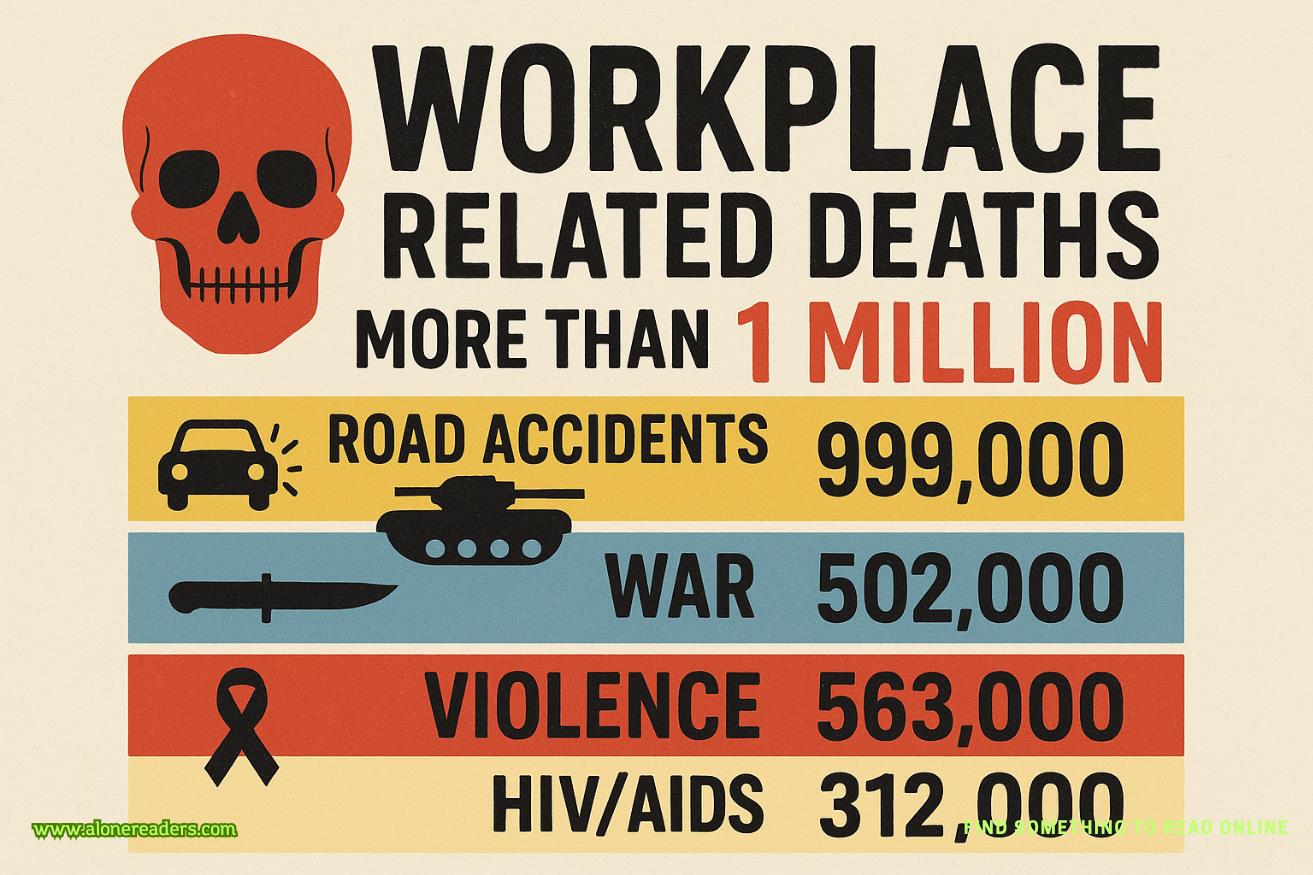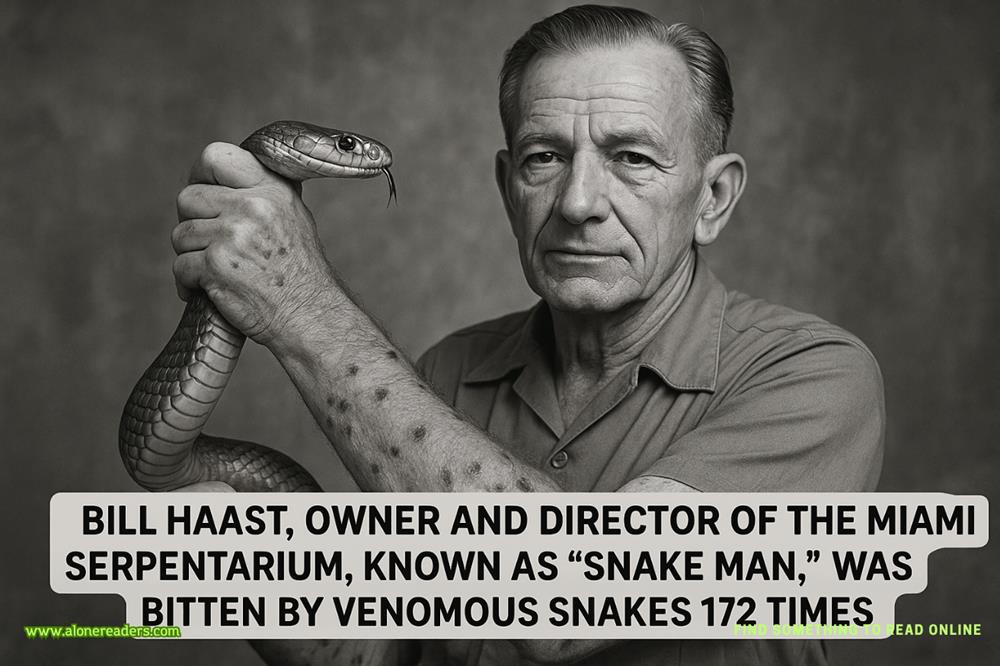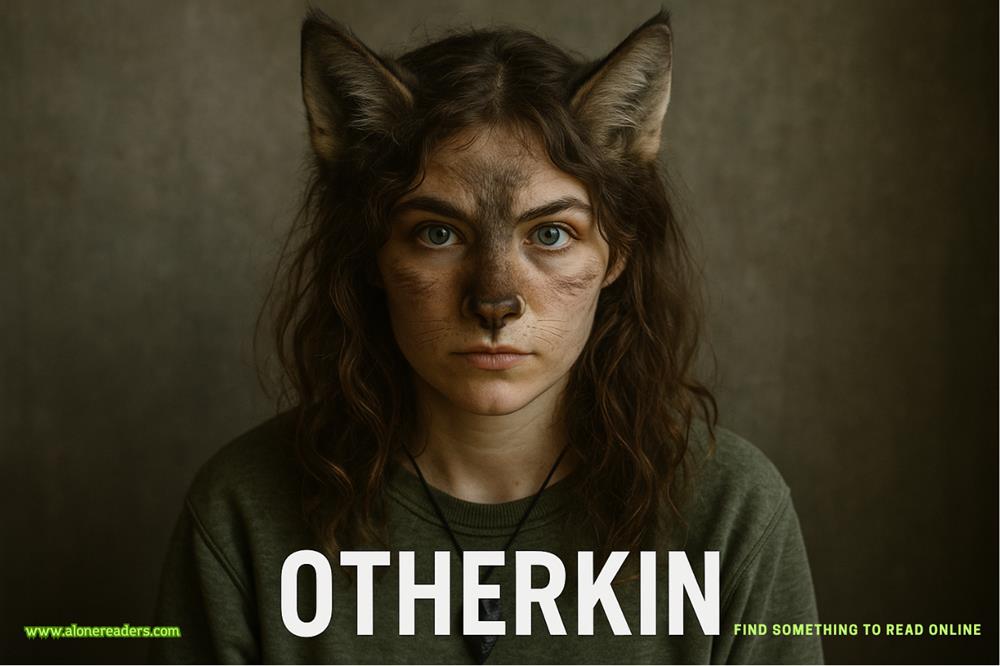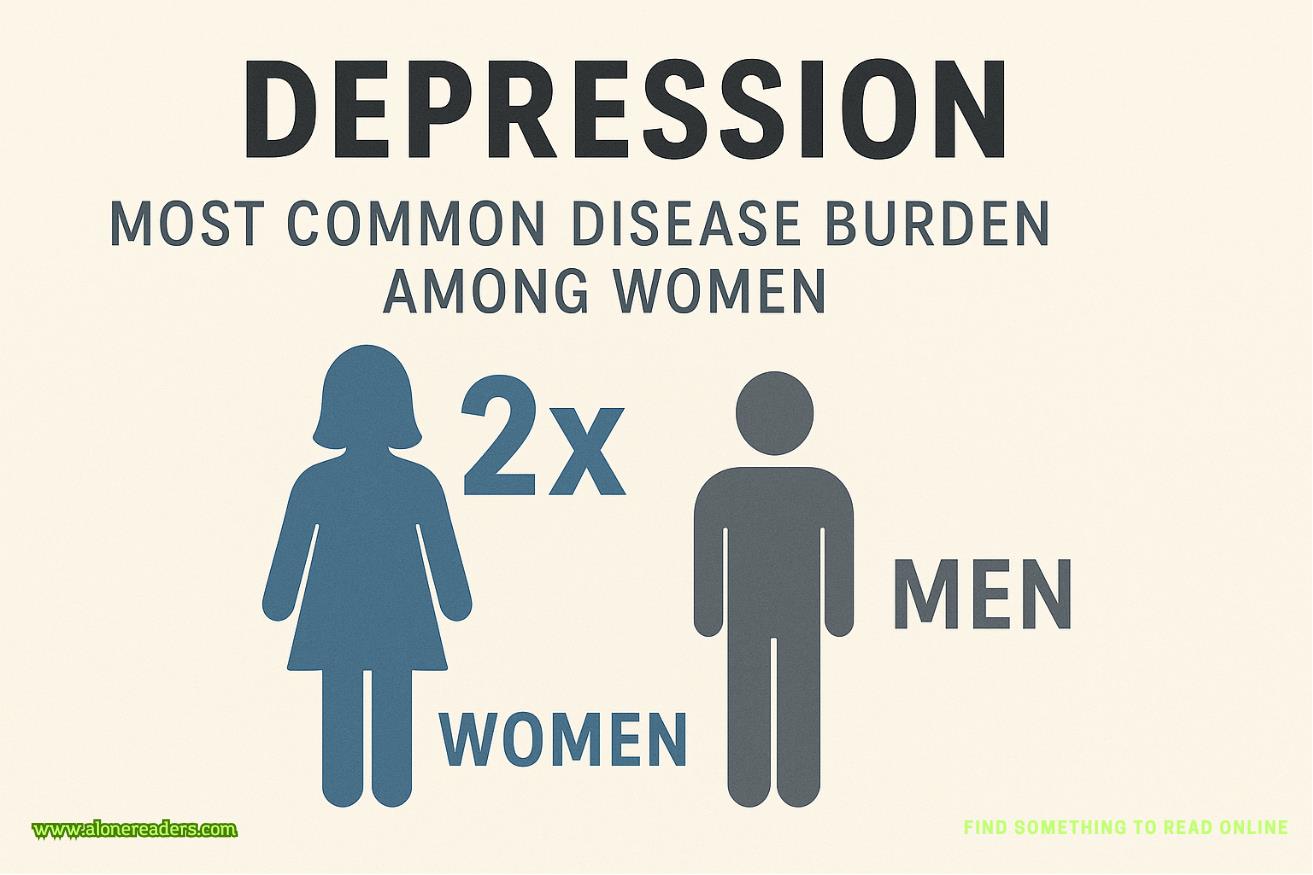Page 107 of Aftermarket Afterlife
They’d been lucky to find the cavern, following natural caves deeper and deeper into the bedrock until they felt like they were safe, and then they’d spent several years feeding their brother and preparing him to hibernate, watching him grow larger and larger until he could no longer be moved. And then he’d gone to sleep, and stayed asleep until a group of human cultists tried to wake him up. Human cultists have a nasty tendency to assume that anything large and scaly is some sort of eldritch god and can give them infinite cosmic power.
Really, anything large and scaly enough to be mistaken for a god is mostly likely to give annoying human cultists a swift, unpleasant death, and William was no different. He’d been displeased to be woken up, until he discovered that a Nest thrived in the city above him, dozens of dragon females who had prayed he really existed every night of their lives, and who were ecstatic to learn that he was real. Best of all, none of them had smelled like his sisters.
With a low male birth rate and a tendency to travel in groups, dragons developed a remarkably sensitive nose for their own relatives. He might be mating with some of his great-great-great-great-grandnieces, but with the family relationship that far removed, it was no longer enough to register with his nose as a bad idea. A male dragon would never voluntarily breed with his own sisters or offspring, and so they were able to avoid genetic bottlenecking. Since the females could reproduce parthenogenically, that meant that even if we never found another male, we’d just managed to provide the species as a whole with generations of new males. Send a hatchling to another Nest where he wasn’t related to anyone, let him grow up to have children of his own, then let him go to sleep for a few hundred years—which was, incidentally, how long it took for female dragons to stop laying eggs without the presence of a male. By the time he woke up, they’d all be distant-enough descendants to let him kick off another generation.
It wasn’t perfect. By human standards, it was fairly horrifying. By draconic standards, this was the best things had been in centuries.
The cavern was about the size of an aircraft carrier, which made it large but not abnormally so for the local bedrock—so far as I was aware, nothing of this scale was even suspected under Manhattan, at least in part because who the hell would want to know? The city had been constructed before they had the kind of ground-penetrating equipment that would have allowed them to find something like this, and now all of the Big Apple rested above an air pocket that, if it popped, would do millions upon millions of dollars in property damage. What good would discovery do at this stage? Better to leave it alone so they could claim ignorance when the insurance payments came due.
The ground was smooth, rendered so by a combination of William’s sisters with hammers and William’s own willingness to melt irritating rock into slag. It wasn’t quite as level as a constructed floor, but it was about as even as could be accomplished without modern tools, and it always impressed me. That floor was strewn with gold, in coin, jewelry, and knickknack form. The dragons hadn’t been careful about where they tossed things when they dredged the gold out of the remains of the burnt slaughterhouse and dragged it down here to pile up around William.
William himself occupied the back half of the cavern, massive even with his head down and his wings furled. His scales were a healthy shade of green, like emeralds, and like emeralds, they varied in shade depending on where they appeared on his body, ranging from deep, deep green through a variety of near-yellows and green-blues. His eyes were open, large and luminescent, and a bright pumpkin orange that made them occasionally unsettling to look directly into.
In case looking into the eyes of someone with a head the size of a VW Bug wasn’t unsettling enough. Which it was, as a rule.
Several small café tables and chairs had been set up around him, all of them wrought iron, and several with white cushions on them. I blinked, shooting Candice a curious look. William had a tendency to breathe fire on his surroundings. Cloth cushions seemed like a bad idea.
She saw where I was looking and made a small chuffing noise, like she was swallowing a laugh. “I wouldn’t sit on those, if I were you, mammal,” she said. “Asbestos is bad for your kind, and I doubt you’d find them very comfortable.”
“Yeah,” I said. “Yeah, that would suck, a lot. Where the hell did you find asbestos cushions?”
“It doesn’t bother us, and what exists is remarkably cheap, probably because of how much itdoesbother you. So we use it for the spaces where we want to be comfortable near our husband, and he tries not to breathe directly on the furniture anyway. He can melt stone. You really think a little wrought iron is going to defeat him?”
“Remind me not to piss him off,” I muttered.
There were other dragons in some of the chairs, or sitting in piles of gold, or curled up on the ground leaning against William, who seemed perfectly content to be furniture. Little blonde girls in patched dresses ran wild through the clutter, some of them chasing or chased by winged lizards the size of dogs, who fanned their wings and occasionally launched themselves into the air for brief flights before crashing down again.
I couldn’t imagine being able to fly as a child and knowing I’d lose the ability as an adult. I would never have come out of the sky, not until the moment when gravity decided it was time to yank me down forever.
That thought brought my mood, which hadn’t improved by all that much, plummeting back to earth, just like the baby dragons. Dominic was dead, and here I was making a social call like nothing had changed, like it didn’t matter. But it did matter. It mattered more than anything else in the entire world.
And not that many people were going to understand how much had just been lost. Dominic grew up Covenant, and they didn’t really encourage making a lot of friends, or developing the skills that would make somebody a “people person.” And then he walked away, for me, and for himself—I could never have convinced him to leave if he hadn’t already been starting to see how wrong the things they were asking of him were. He left because he was ready to be a better person, or at least a person who didn’t attack innocents for the crime of being born.
I was going to miss him for the rest of my life. I was going to mourn him endlessly and extravagantly. My family might not grieve as hard as I did, but they were going to miss him, too—especially Mom and Alex, both of whom had taken to him with remarkable speed. His fighting style had been similar enough to Alex’s for the two to spar, which was a rare treat, for both of them, really. And the mice, oh, the mice. Their grieving was going to be the stuff of Greek tragedies, world-ending and sky-shaking.
Olivia...my mind still refused to let me anywhere near the question of what this was going to do to Olivia, who loved her father completely and unquestioningly, and who knew what death was in the abstract way that children do, not as something that could come into her home and whisk her beloved Dada out of her reach. Maybe we don’t do our kids any favors by having a ghost as our primary babysitter and expecting them to somehow understand that death is supposed to be forever.
But that was very nearly it. Ryan and Istas liked him well enough that they’d be sad when they learned that he was gone. Kitty had never been entirely comfortable with him, and while I knew she would support me in my own grief, I wasn’t sure whether she’d have any sorrows of her own. It was selfish of me to want the world to grieve with me. It was selfish, and it was wrong, and it was...it wassmall, in the way my baby sister always accused me of being small. She liked to say that I thought about me first, myself second, and everyone else in the world a distant third, and she hasn’t always been wrong.
Candice led me across the cavern to the dividing line between William’s private space and the rest of the lair. It was just a line scratched into the stone about ten feet away from his crossed front legs, but no one was supposed to pass it without an invitation except for his wives and the children too young to understand why Daddy wasn’t always available.
He raised his head as we approached, focusing on me. Once we were close enough that he didn’t need to raise his voice, he rumbled, low and grave, “I’m so sorry, Verity.”
I burst into tears. Not cute tears, either: big messy tears, the kind that no one looks pretty shedding. He looked, briefly, alarmed, which is no small trick for a giant reptile. Then he half-unfurled one wing and raised a clawed hand to gesture me forward.
“Come here,” he said. “You look like you need a hug.”
I threw myself across the line and against the warm curve of his neck. He wasn’t rough like an alligator, but smooth like a snake, slick scales flat and broad over hard muscle. And much like a snake that had just been lifted off a hot rock, he was warm, radiating the heat from his internal fire. He folded one hand around my body and wrapped the trailing edge of his wing around me, blocking me from view. And I?
I pressed my face into his neck and bawled like I was dying. I sobbed and sobbed, until his scales were wet with tears and sticky with snot, until my knees went weak and I sank, still crying, to the floor.
Candice was there to catch me before I fell. “You should stop crying now,” she said, with something I could almost interpret as real concern. “The doctors were giving you fluids because you had dehydrated yourself with excessive weeping. You can’t afford to lose that much water. You mammals are mostly water, internally speaking.”
I sniffled, blinking at her. I didn’t know whether it was surprise at Candice showing empathy or surprise over the implication that dragons weren’t mostly water, but my tears stopped. “Are you not?” I asked.
“Oh, we are,” she said. “We’re biological organisms subject to the rules of this reality. We need water to live. We just have the sense not to cry ourselves into unconsciousness.”
“You would if I died,” said William, half-reproachfully.















